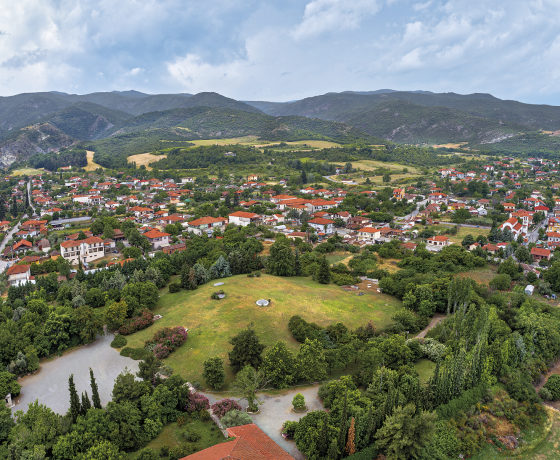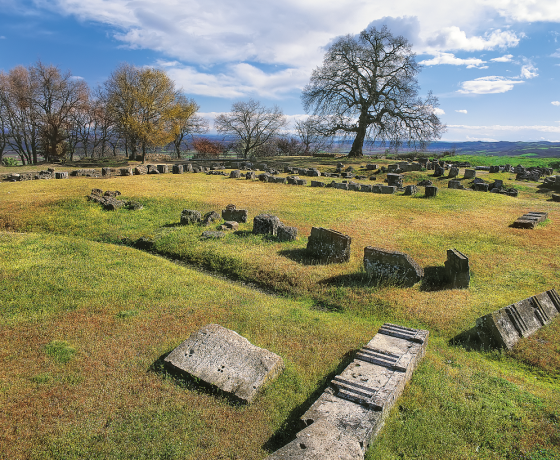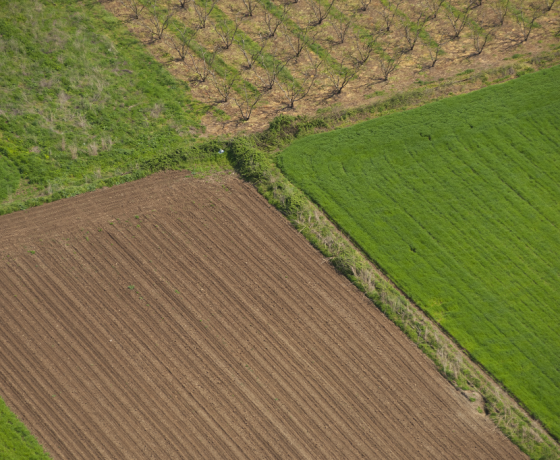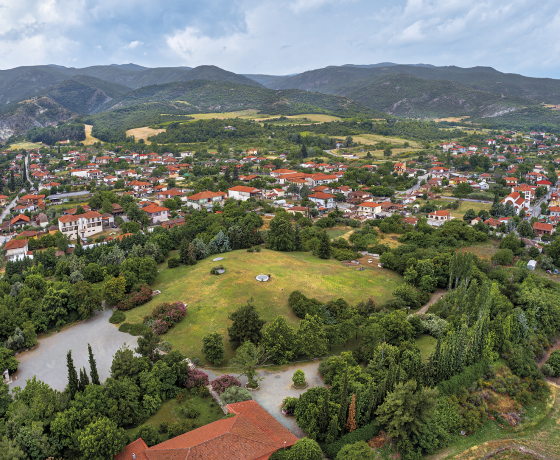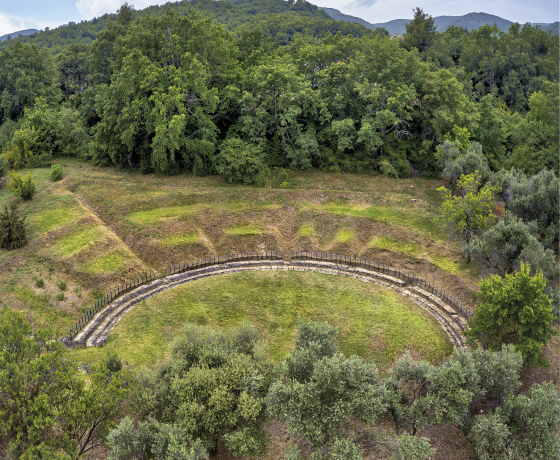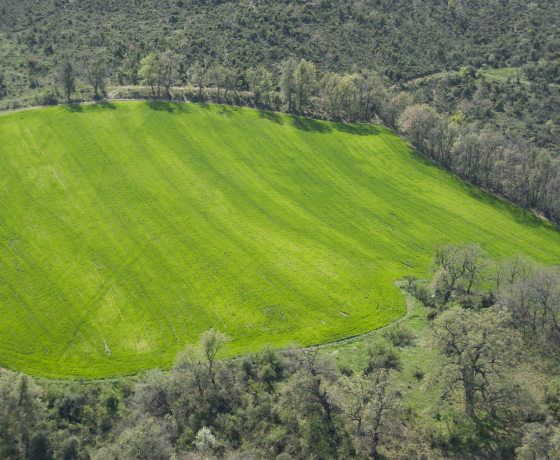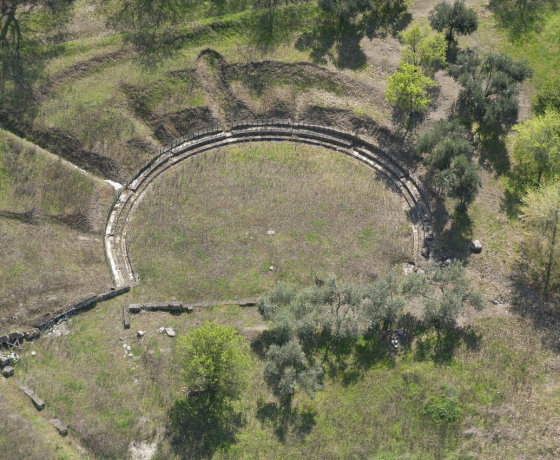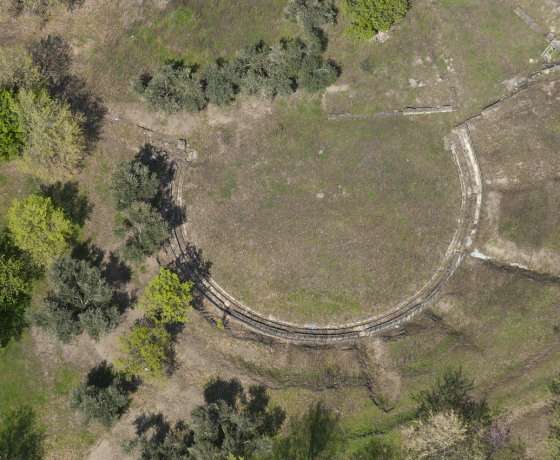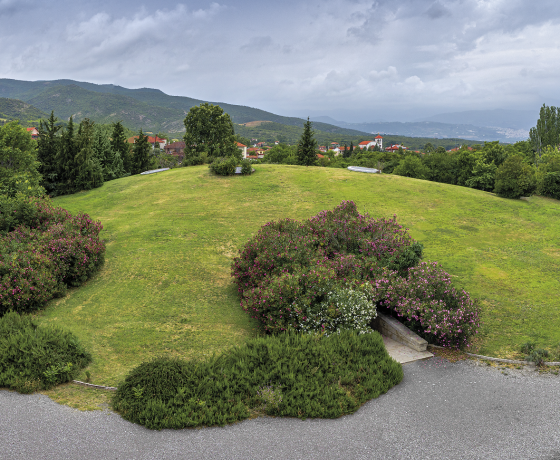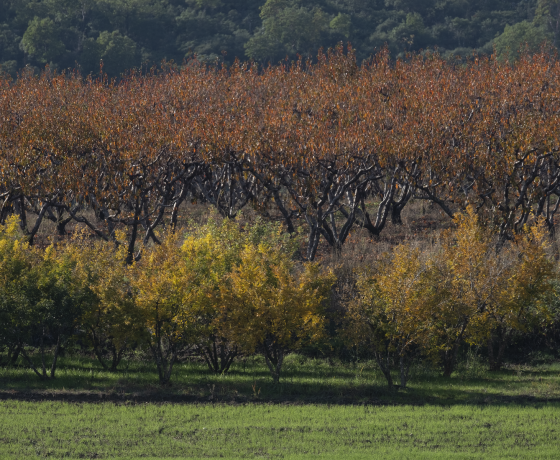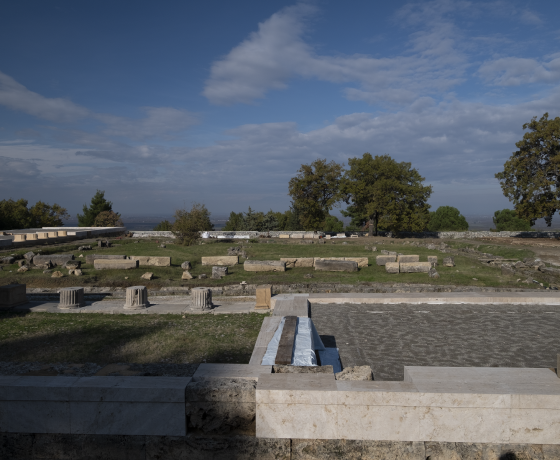France
Vergina
Vergina
Vergina is located on the site of ancient Aigai, capital of ancient Macedonia. Aigai is the first capital of Macedonians and the core of their ancient Kingdom, the place where the family of Philip II and Alexander the Great reigned for over three centuries. It is the legendary, spiritual and political cradle that spread the Greek civilization to the whole world. In Aigai, at the spot of current Vergina, in the Municipality of Veria, the King of Macedonians, the sovereign of the Balkans and elected overlord of Greeks, Philip II, in the year 336 B.C. had celebrated the greatest feast of his kingship before his inglorious end by the hand of his murderer, a fact that changed the world and its history, making Alexander the Great the leader of the Macedonian Kingdom. Alexander was acclaimed as a king and decided in spring of 334 B.C. to start his great campaign that sealed the fate of the ancient world. Following the same destiny of the Kingdom, Aigai was forgotten until the 1977 when Manolis Andronikos’ excavation revealed a lot of significant treasures and gave the place its name and the history of Macedonia was written again.
The modern town of Vergina was founded in 1922 between the two settlements of Koutles and Barbes, which previously belonged to the Turkish Bey of Palatitsia, and which were inhabited by 25 families in Bey’s service. After the Treaty of Lausanne and the expulsion of the Beys, the land was divided among the inhabitants and 121 Greek families from Bulgaria and Asia Minor, after population exchanges between Greece, Bulgaria and Turkey. The name of the new city was proposed by the then Metropolitan of Veria, Constantius II, who named it Vergina in honor of the legendary Queen Vergina, who lived in the region of Veria and was the last Greek ruler of the region, a descendant of the Palaiologos family, before from the final conquest of Veria by the Ottomans in 1433. During the revolution of 1821 the inhabitants of the two settlements fought against the Ottomans. Great fighters of the revolution of 1821 were Stamatios Konstantinou, Dimos Margariti and Konstantinos Margariti..
The modern town of Vergina was founded in 1922 between the two settlements of Koutles and Barbes, which previously belonged to the Turkish Bey of Palatitsia, and which were inhabited by 25 families in Bey’s service. After the Treaty of Lausanne and the expulsion of the Beys, the land was divided among the inhabitants and 121 Greek families from Bulgaria and Asia Minor, after population exchanges between Greece, Bulgaria and Turkey. The name of the new city was proposed by the then Metropolitan of Veria, Constantius II, who named it Vergina in honor of the legendary Queen Vergina, who lived in the region of Veria and was the last Greek ruler of the region, a descendant of the Palaiologos family, before from the final conquest of Veria by the Ottomans in 1433. During the revolution of 1821 the inhabitants of the two settlements fought against the Ottomans. Great fighters of the revolution of 1821 were Stamatios Konstantinou, Dimos Margariti and Konstantinos Margariti..
Important Dates
On July 26 at the celebration of St.Paraskevi



